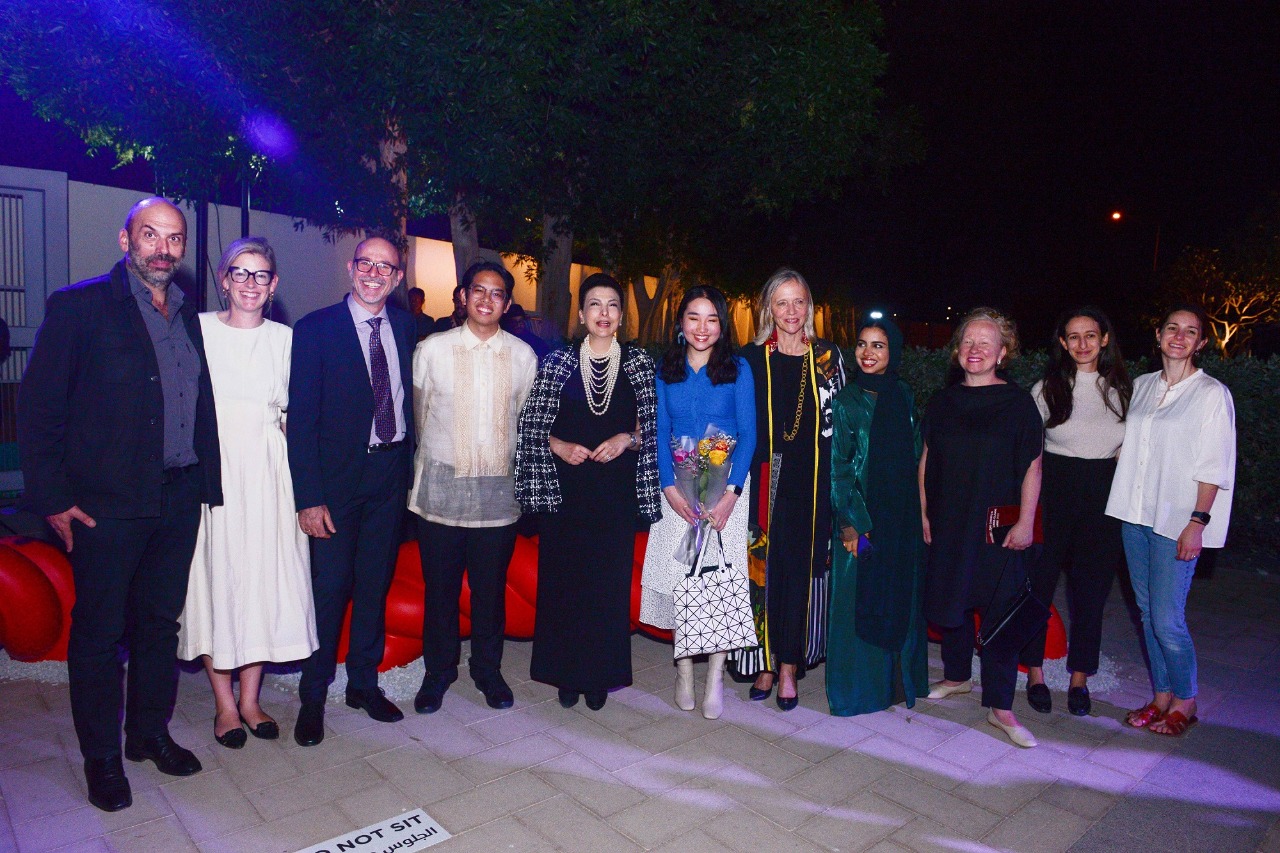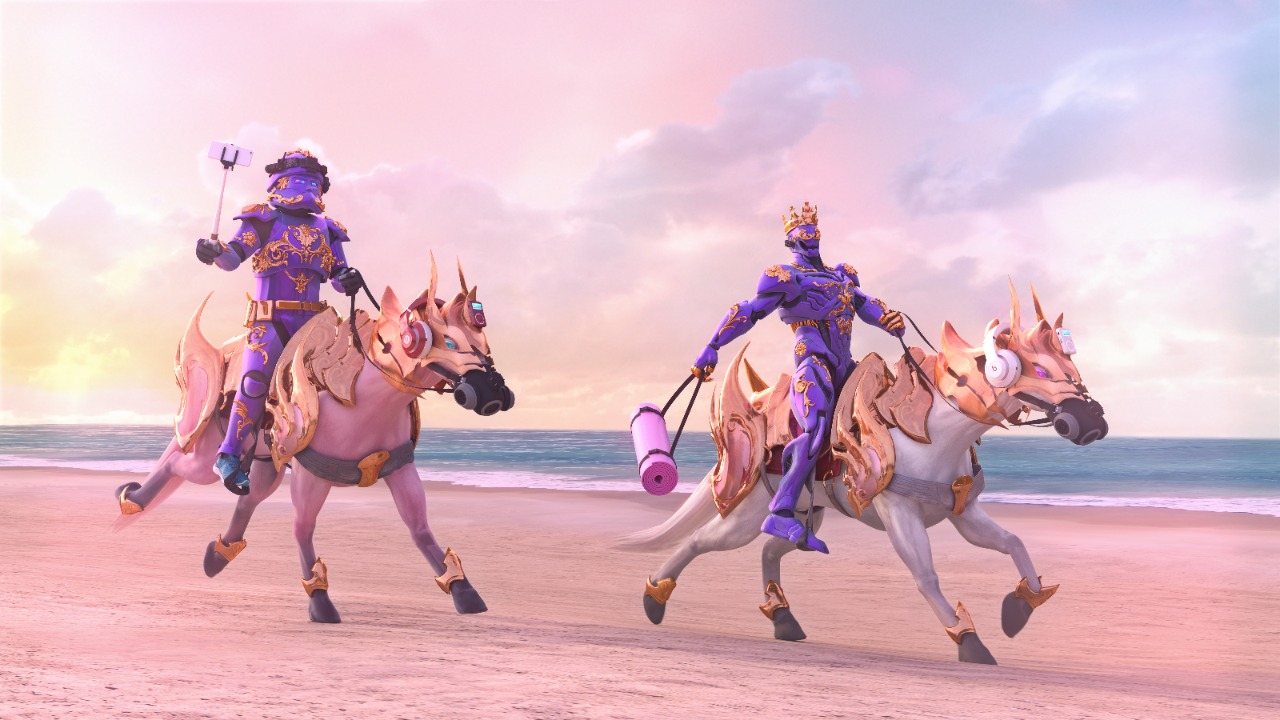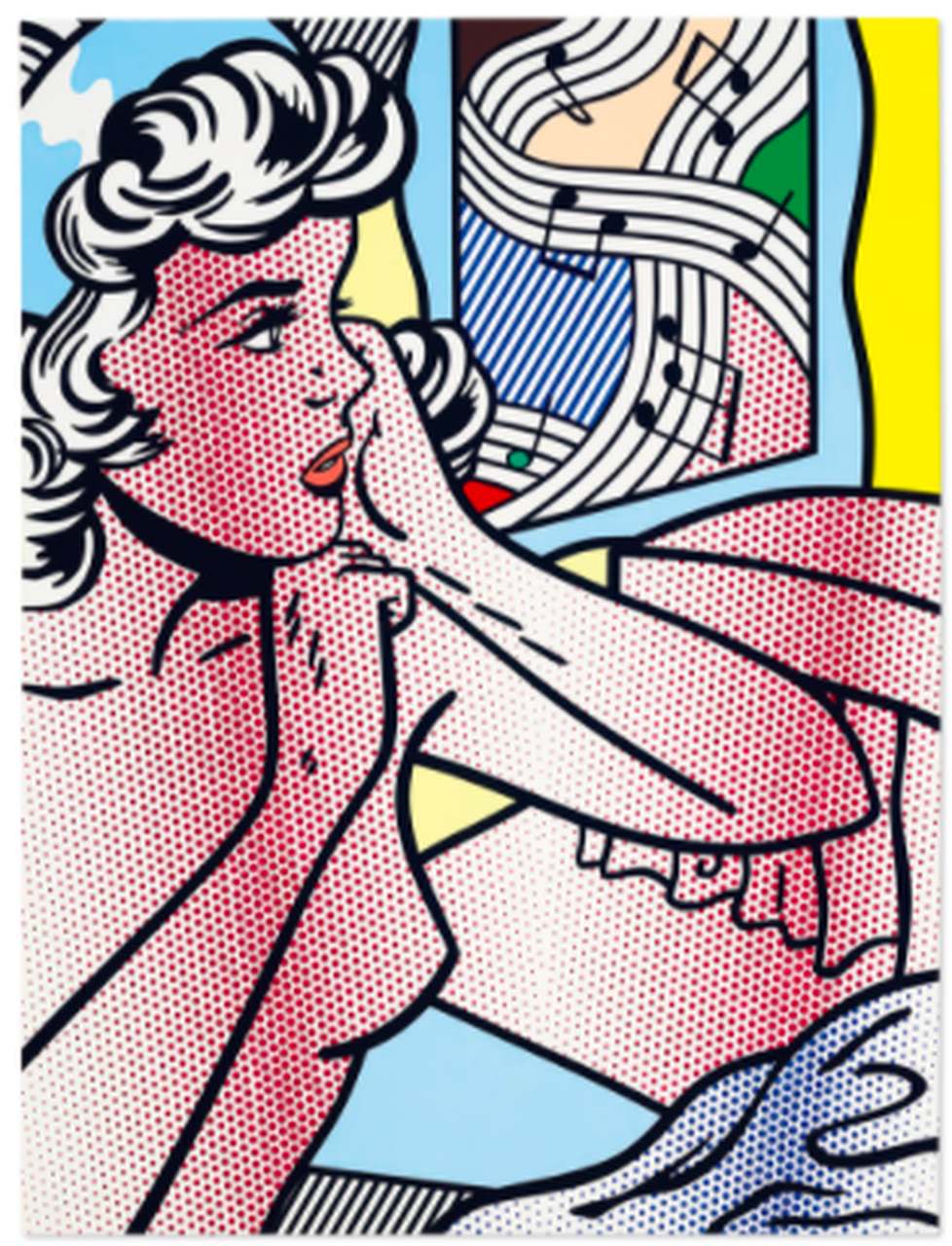Significant examples of world building, a creative practice that is the subject of growing interest in both the artistic, philosophical and literary spheres, Theo Triantafyllidis’ live simulations are simulation software that bring to life immersive digital environments, sometimes automated, sometimes interactive, that can take various forms and adapt to different displays (from virtual reality to augmented reality to video installation); “in vitro simulations,” complete systems that the viewer can, from time to time, observe with scientific coolness or actively manipulate.

Photo credits Michela Pedranti
Triantafyllidis engages this medium both to critically narrate contemporary reality, highlighting the individual and social consequences of communication technologies on human beings; and to simulate alternative realities that start from radically different conditions.
Photo credits Michela Pedranti
More specifically, the exhibition presents four recent installations, ringed according to a narrative that proceeds from the critique of the present to the construction of alternative worlds: Ork Haus (2022), Radicalization Pipeline (2021), Ritual (2020) and BugSim (Pheromone Spa) (2022).

Live Simulation, 4K Display, Gaming PC. Motion Capture Performance by Rachel Ho. Music by Daniel Burley & Gobby. Image courtesy the artist
Ork Haus depicts a family of orks in their home environment, as they live a daily existence heavily conditioned by digital technologies, both at the level of interpersonal communication and at the level of household management and escape in simulations (video games, VR, streaming video). The ork, elsewhere used by the artist as his alter ego, is a recurring figure in his work, a narrative solution that allows him to reduce his characters to a set of elementary and thus paradigmatic drives and forms of communication. The protagonists of the simulation appear, each in their own way, imprisoned in their alternate realities, while the world around them seems to be falling apart.

Live Simulation. Sound by Diego Navarro. Image courtesy the artist
In Radicalization Pipeline, two seemingly endless hordes clash into a violent free-for-all, swinging large melee weapons and shouting with distorted voices. A wide range of characters – from citizen militias to fantastical creatures -enter the screen only to kill each other, wave after wave, sinking their virtual bodies slowly into a muddy landscape. The mood occasionally lightens up by the medieval covers of familiar pop songs that complete the soundscape conceived by the composer and sound designer Diego Navarro. Looking at phenomena such as the rise of QAnon and the US Capitol attack, the artist suggests connections between gamification, fantasy, and political radicalization: the “funnel” structure of social media, which create discursive bubbles in which we are constantly exposed to like-minded people and to content that confirms our ideas, is analyzed in its political and social implications, emphasizing the role their “confirmation bias” takes in the emergence of cults, the circulation of fake news, and the process of political radicalization.

Live Simulation. Image courtesy the artist
Instead, Ritual takes us to a seemingly familiar place – a readymade space appropriated and modified from a Game Engine demo – and to an unknown, post-apocalyptic time, in which human life, wiped out by a cataclysm, seems to have left behind only the ruins. In this situation, a nascent ecosystem made up of insects and animals gradually manifests its existence according to a repetitive and hypnotic rhythm, as if in some kind of strange ritual.

Live Simulation. Ultra Widescreen Display, Gaming PC. Sound by Holly Waxwing. Image courtesy the artist
Finally, BugSim (Pheromone Spa) welcomes us into a precious slice of microscopic life preserved in an intensive care terrarium. Through a moist glass surface and within lush vegetation expands a busy Colony of Ants. Slowly and painstakingly they are working to form a brittle purple mud into a structure they can call home. From this structure grows an entire forest of tiny flowering plants, calling to be pollinated by buzzing Honey Bee replicas and inhabited by a teeming microfauna. All but self-sustaining, this closed terrarium system is engineered to simulate all the necessary natural cycles for the fragile community of organisms: an experiment in resilience and entropy carefully monitored by a mysterious figure.
About Theo Triantafyllidis

Born in Athens in 1988, Theo Triantafyllidis is an artist who works with digital and physical media to explore the experience of space and the mechanics of embodiment in hybrid realities. Utilizing algorithms and game engines, virtual reality headsets and experimental performance processes, he creates interactions within immersive environments. In Triantafyllidis’s worlds awkward interactions and precarious physics mingle with uncanny, absurd and poetic situations, inviting the viewer to engage with new realities.
Through the lens of monster theory, he investigates themes of isolation, sexuality and violence in their visceral extremities. He offers computational humor and AI improvisation as a response to the tech industry’s agenda. He tries to give back to the online and gaming communities that he considers both the inspiration and context for his work by remaining an active participant and contributor.
Theo holds an MFA from UCLA, Design Media Arts and a Diploma of Architecture from the National Technical University of Athens. He has shown work in museums, including House of electronic Arts in Basel, Hammer Museum in Los Angeles and NRW Forum in Dusseldorf and galleries such as Meredith Rosen Gallery, the Breeder and Eduardo Secci. He was part of the 2021 Athens Biennale: Eclipse, Berliner Festspiele 2021, Sundance New Frontier 2020 and Hyper Pavilion in the 2017 Venice Biennale.
More info: https://slimetech.org/
About Spazio Vitale

Spazio Vitale is a place oriented to organize and host cultural activities marked by the investigation of the relationship between technology and humans. Contrary to the common understanding, our relationship with technology is not a simple user-tool relationship: as technology and digital forms of communication have taken over in our daily lives a series of functions, tasks and roles formerly exclusive to us, transforming the spheres of work and creativity, they opened up to a symbiosis where coexistence produces mutual benefit, but adaptation also generates suffering in the most sensitive part, the biological one, of the relationship.
Official sponsor of Spazio Vitale is VTENEXT, an Italian software house established in 2006 with offices in Verona, Milan and London, offering innovative and specific IT solutions for medium and large-sized companies. A benefit company, VTENEXT fully shares the soul and mission of Spazio Vitale.
For more information, please visit https://fondazionespaziovitale.com/.






